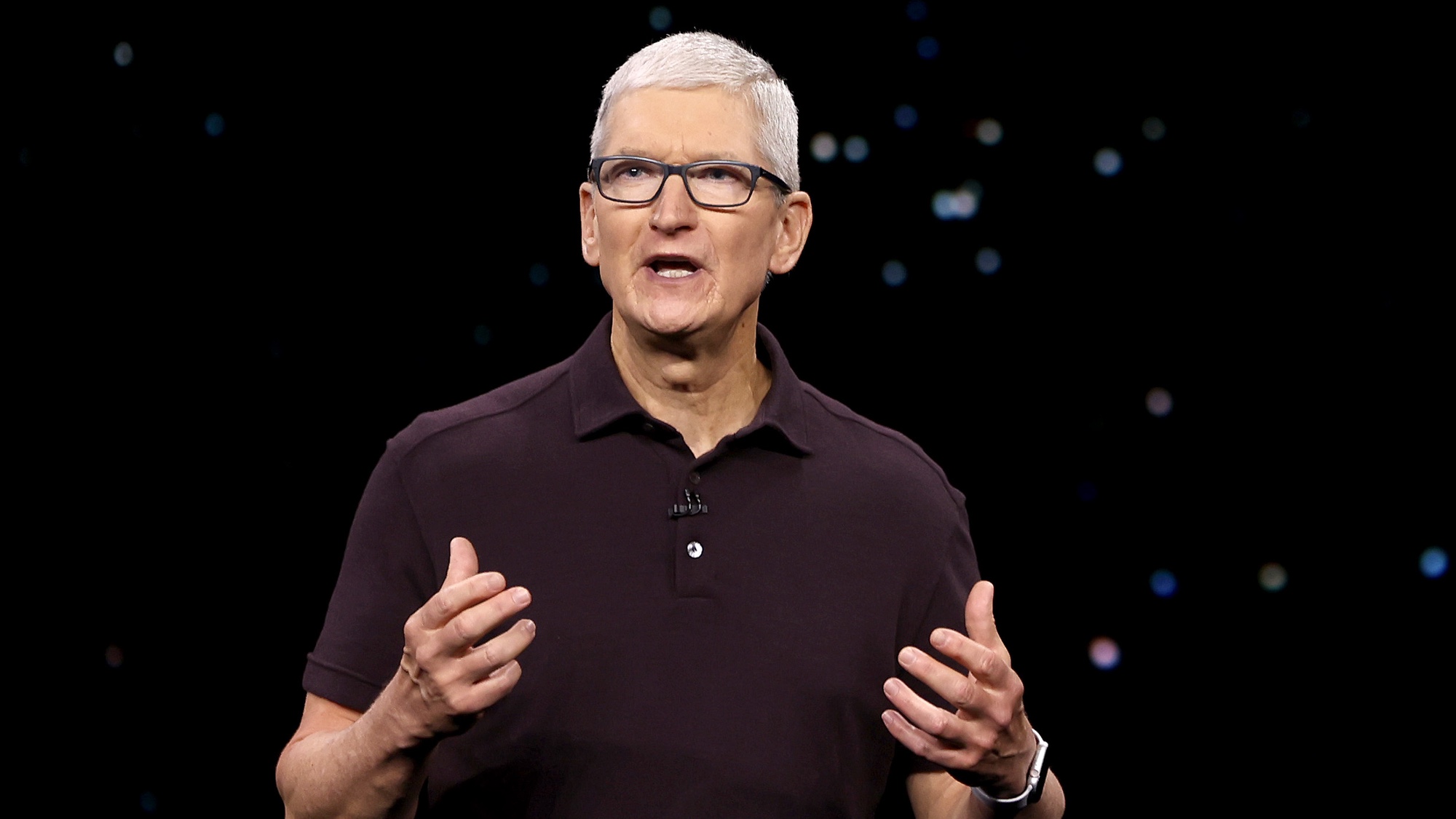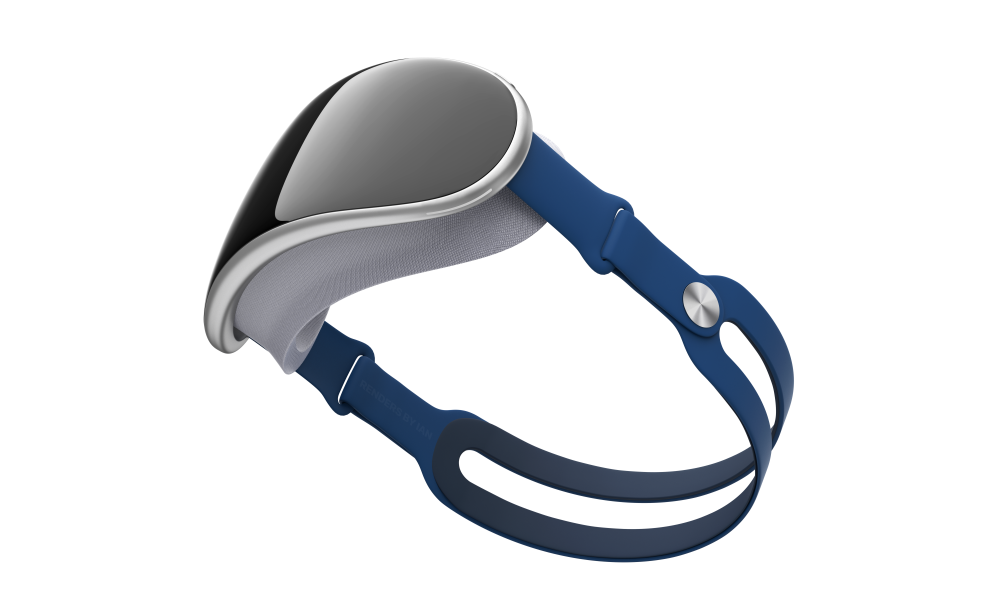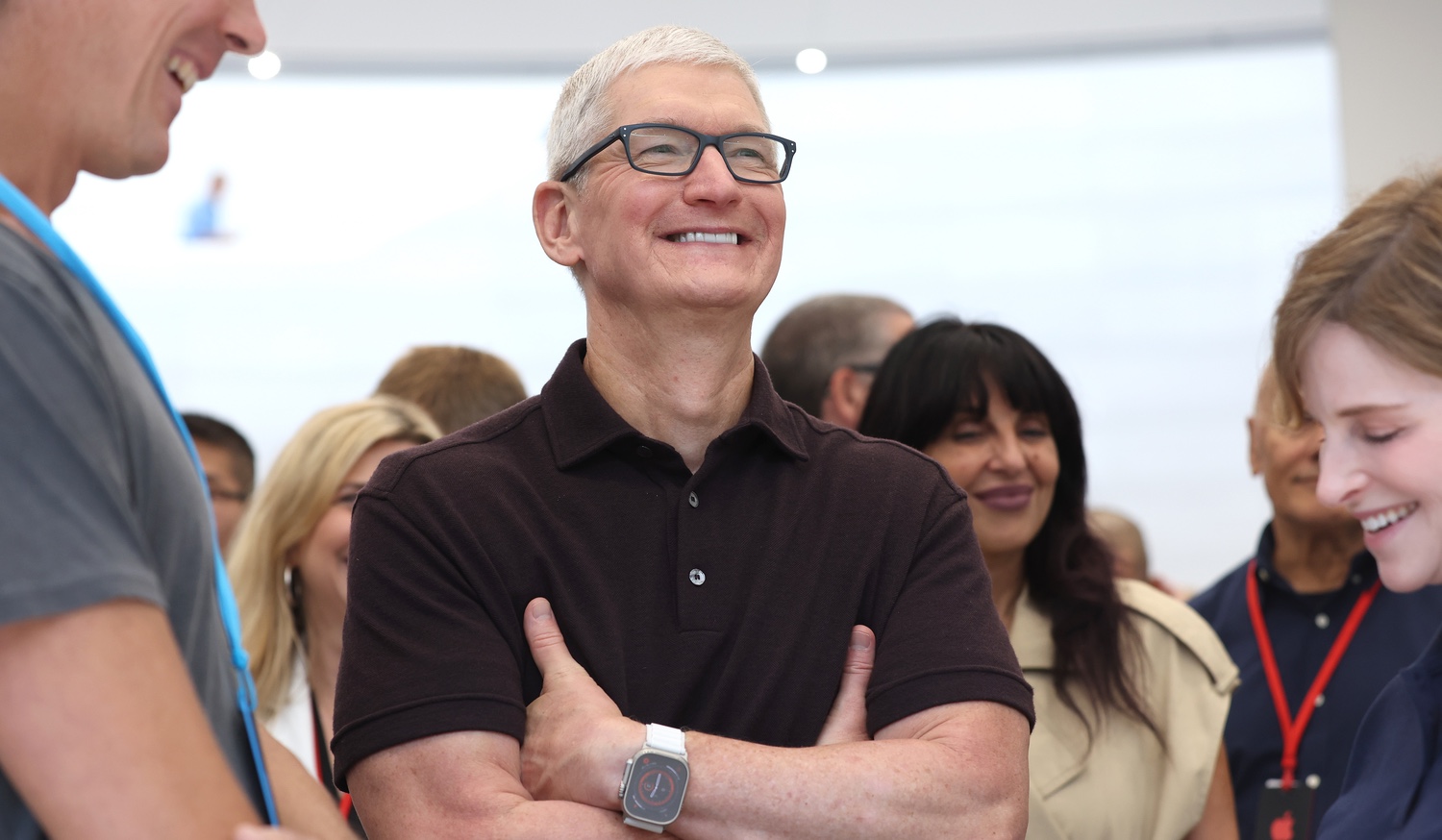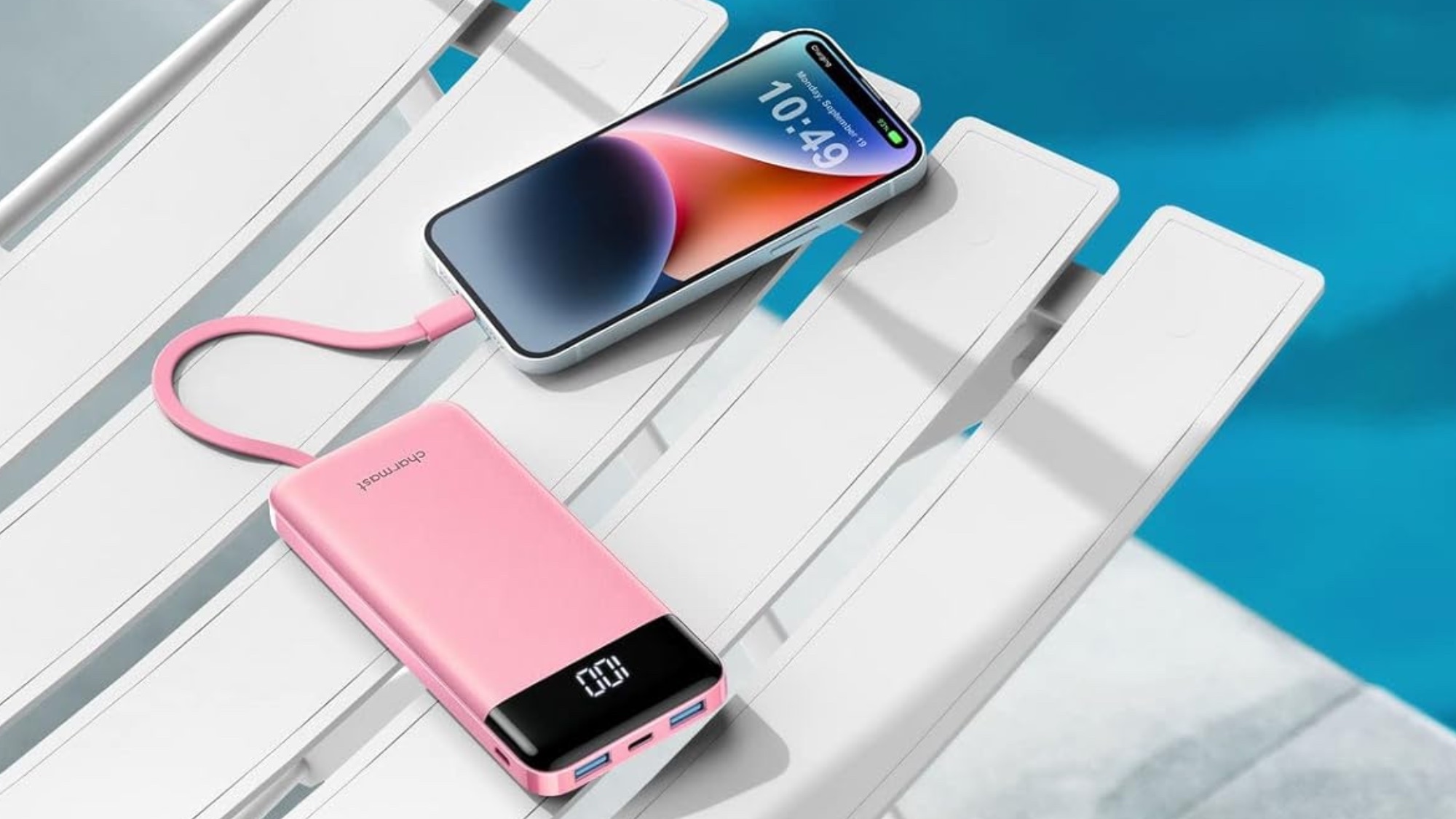Tim Cook is hyping AR — but I’m not convinced we need an Apple headset
Apple will need to make the case for its rumored headset

With a possible sneak preview of the long-rumored Apple VR/AR headset just a few months away at WWDC 2023 on June 5, Apple CEO Tim Cook appears to be working on his sales pitch for why you'd want such a device.
But if Cook's comments in a recent GQ interview are supposed to make the case for making regular trips to the metaverse a part of our daily routine, the argument is going to need some fine-tuning before the so-called Apple Reality Pro headset sees the light of day.
To be fair, Cook's comments to GQ's Zach Baron centered around augmented and virtual reality in general, not a specific product. Per Apple's policy never to comment on rumors, Cook doesn't even acknowledge if there's a mixed reality product in the works at his company. And the comments about virtual reality are just a small sliver of a larger GQ profile looking at Cook's tenure with Apple.
But you can understand why people might jump to the conclusion that Cook's comments may have been made with the Apple Reality Pro headset at the back of his mind.
Apple VR/AR headset — what we know

Apple may not comment about rumored products, but online leakers aren't as circumspect. As a result, we've got a somewhat detailed picture of what the Apple Reality Pro headset might look like and what it might cost.
Rumors suggest a standalone headset that offers a mix of augmented and virtual reality. The headset is tipped to include 12 tracking cameras feeding information to a pair of 8K displays that will give you a view of a virtual world; you'll also be able to superimpose graphics and images on the real world. Hand-tracking and gesture controls will apparently be front and center for operating the Apple Reality Pro headset.
This is not expected to be a cheap device. Some rumors have the Apple VR/AR headset consting as much as $3,000. For context, the Meta Quest Pro headset current costs $999, and that's after a $500 price cut that suggests people aren't buying what Meta and other VR advocates hope to be selling.
It's less clear what exactly you'd do with the Apple VR/AR headset. Presumably that will be the major focus of any sneak preview of the product at WWDC. Bloomberg's Mark Gurman, who's generally hooked into to rumored Apple proudct plans, has suggested that gaming, communication and media consumption will be the primary features supported by the Apple Reality Pro.
What Tim Cook says about virtual reality
Those use cases seem to jibe with what interests Tim Cook about mixed reality — or at least with what he brought up during his GQ interview. The Apple CEO touted the technology's ability to give people new ways to talk to one another and work together.
We might be able to collaborate on something much easier if we were sitting here brainstorming about it and all of a sudden we could pull up something digitally and both see it and begin to collaborate on it and create with it.
— Tim Cook
"If you think about the technology itself with augmented reality, just to take one side of the AR/VR piece, the idea that you could overlay the physical world with things from the digital world could greatly enhance people’s communication, people’s connection," Cook told GQ. "It could empower people to achieve things they couldn’t achieve before. We might be able to collaborate on something much easier if we were sitting here brainstorming about it and all of a sudden we could pull up something digitally and both see it and begin to collaborate on it and create with it."
There's also creative aspects to mixed reality that Cook describes as appealing, and as an example, he describes using augmented reality to measure a nearby pane of glass or to insert a piece of artwork over a real world view. In that sense, it sounds as if Apple sees VR/AR functions as a nature extension of the creative professional tools it's long made available through products like the Mac and iPad.
"If it could accelerate creativity, if it could just help you do things that you do all day long and you didn’t really think about doing them in a different way," Cook added.
It's forward-looking stuff that, unfortunately, doesn't sound all that different from what you've heard from any other tech CEO trying to make the case for a virtual reality headset. If I were to take any of the above quotes, and insert Mark Zuckerberg's name over Tim Cook's, you'd likely be none the wiser. And it's not as if Meta's Zuckerberg has done a bang-up job convincing regular consumers that the metaverse is a place they've got to be.
To be fair to Cook, it's hard to make the case for a product when you're not ready to acknowledge its existence. Presumably once Apple's ready to show off the Reality Pro headset, Cook and other executives will be able to articulate exactly why people should want to spend several thousand dollars on headset — because, frankly, it's not readily apparent at the moment.
The trouble with VR

I've experienced a number of VR headset demos over the years, showcasing everything from games to more practical applications. And the one thing consistent about all of those demos is that my favorite part was the moment when I could take that headset off.
In my experience, VR headsets are uncomfortable to wear. They're disorienting. Inevitably, the area where the headset itself comes into contact with my skin becomes unbearably sweaty, especially when gaming in VR. And with few exceptions, I've yet to run into the application that makes me think, "Well, this makes wearing this ridiculous headset worthwhile."
Those exceptions have basically centered around niche tasks. I've seen a demo where a tech support person out in the field can see instructions for repair work superimposed over their field of view. Or there've been instances where 3D objects have made classroom lectures more vivid — think medical students looking at virtual images of organs the way they'd appear in a human body.
But these are very specific instances and not the sort of general use cases that Apple products tend to serve — at least, not the Apple products with broad appeal like the iPhone or MacBook Air. I'm just not sure what an Apple Reality Pro headset is going to bring to the table here.
Tim Cook agrees with me about virtual reality — or at least, he used to.
And the thing is, Tim Cook agrees with me — or at least, he used to. The GQ article brings up an older interview with The New Yorker in which Cook takes a much more dismissive attitude toward these kinds of products — AR glasses in particular.
"We always thought that glasses were not a smart move, from a point of view that people would not really want to wear them. They were intrusive, instead of pushing technology to the background, as we’ve always believed," Cook said at the time.
Of course, that was then, and this is now. “My thinking always evolves," Cook told GQ. "Steve [Jobs] taught me well: never to get married to your convictions of yesterday. To always, if presented with something new that says you were wrong, admit it and go forward instead of continuing to hunker down and say why you’re right.”
And that's fair enough. What we need to hear soon though is why Cook and Apple are right this time about a VR/AR headset and why that justifies the Apple Reality Pro's existence.
More from Tom's Guide
Sign up to get the BEST of Tom's Guide direct to your inbox.
Get instant access to breaking news, the hottest reviews, great deals and helpful tips.
Philip Michaels is a Managing Editor at Tom's Guide. He's been covering personal technology since 1999 and was in the building when Steve Jobs showed off the iPhone for the first time. He's been evaluating smartphones since that first iPhone debuted in 2007, and he's been following phone carriers and smartphone plans since 2015. He has strong opinions about Apple, the Oakland Athletics, old movies and proper butchery techniques. Follow him at @PhilipMichaels.

